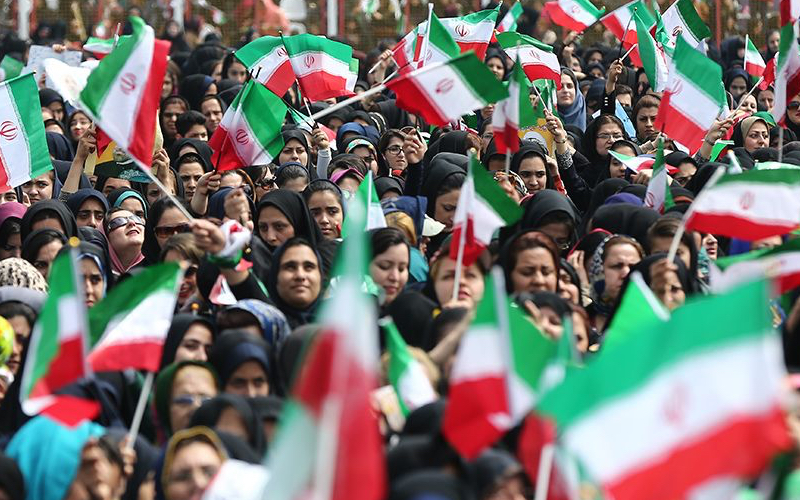
Iran’s Left: A Challenge
Iran’s left poses a particular domestic problem for any potential nuclear agreement with the United States. The challenge for the Rouhani government will be to convince them to support a possible détente with the United States. As Iran and the US are working to achieve a nuclear agreement, the left faces a difficult quandary. To support the nuclear deal would be to accept rapprochement with the United States and shed their anti-Western dogma.
During an interview, Fariborz Rais Dana, an Iranian economist based in Tehran suggested that a positive aspect of a nuclear agreement between Iran and the US would be avoiding war in the short term. He also considers “conditions of peace provides the opportunity for making working-class demands,” as another positive point in the nuclear deal.
However, Rais Dana objects to the agreement if it promotes neoliberal economic policies by the Iranian government. “Look at those who swarmed the streets to express joy…the majority of them were driving their luxury cars, they are neoliberals benefiting from free market economy and capitalism, but chanting freedom slogans. On the other hand, Principlists have developed parochial ideas who would welcome an isolated and underdeveloped Iran in the name of independence; both sides of the spectrum attach themselves to freedom and independence with false face.”
Khosrow Sadeqi Borujeni, an independent analyst and researcher, has concerns over the possibility of unjust and unfair redistribution of wealth in a post-sanctions era. He told me, “post-sanction economic growth hinges upon competent economic management, since in case the government adopts a class-oriented policy in conflict with even wealth distribution, the positive effects of sanctions removal would only hit limited social strata, leaving the downtrodden lower classes untouched, and exacerbating inequality and deprivation.”
Others on the left however, are more optimistic about a nuclear deal between Iran and the US. Mohammad Maljou believes that sanctions removal and a nuclear agreement is a great success for Iran, when compared to Mahmoud Ahmadinejad’s policies. Maljou believes that the left’s support of a nuclear agreement would not contradict their anti-imperialist agenda. He asserts that: “the road to battle against imperialism by Leftists would not cross chanting invectives like Islamists, rather, it is an intrepid battle against manifestations of capitalism.”
Optimists in Iran hold the view that Iran-west nuclear deal is an opening for human rights activists and democratic movements inside Iran. Abbas Shahrabi, for example, believes that the nuclear agreement would deal a blow to the extremist Islamist factions: “a nuclear agreement hammered out gives more support to progressive forces inside Iran to advance their criticism of government’s political, social, cultural performance and agenda, exposing the ideological Right more effectively.”
It seems that the larger part of the left in Iran, especially young people, have undergone great changes. Issues such as workers’ rights, political freedoms, freedom of the press, and women’s rights should be the priorities; as such, the left has welcomed a nuclear deal, which would give a voice to the demands of the people.
